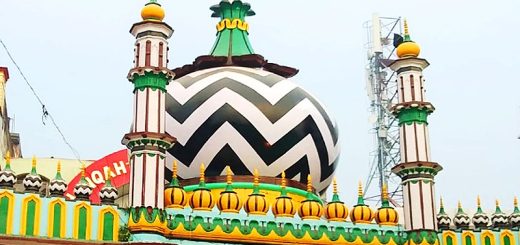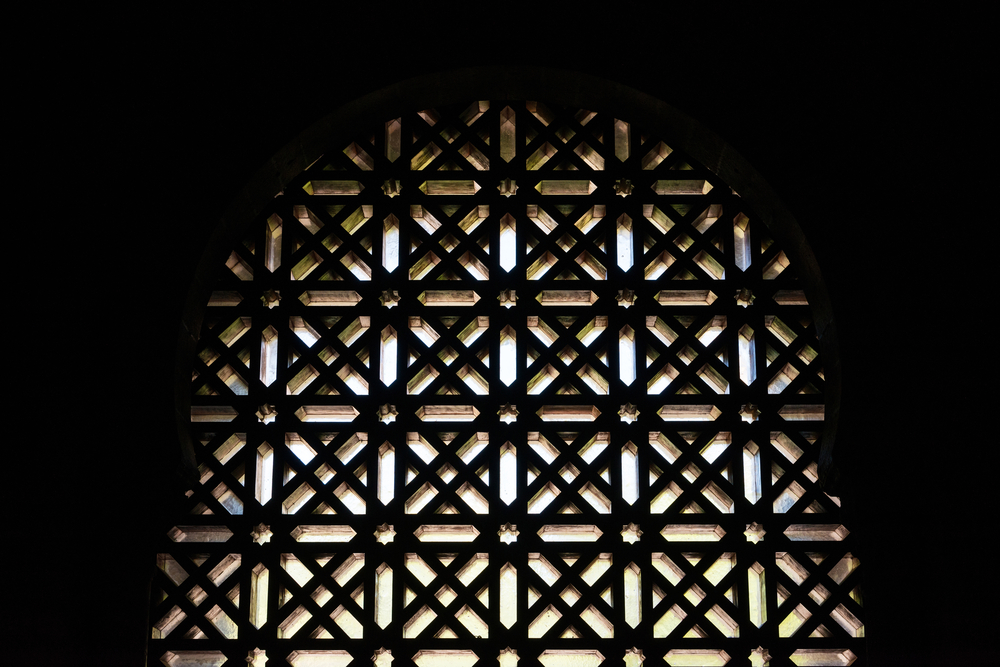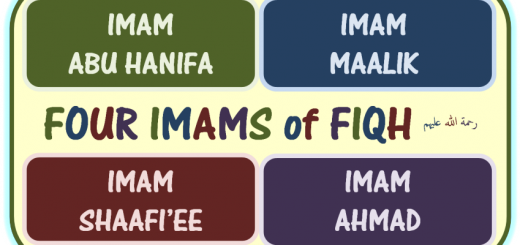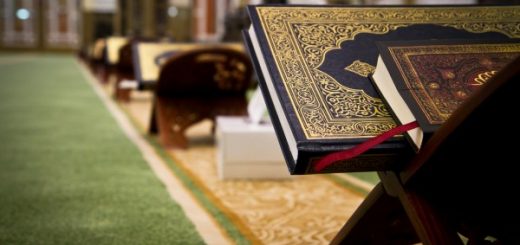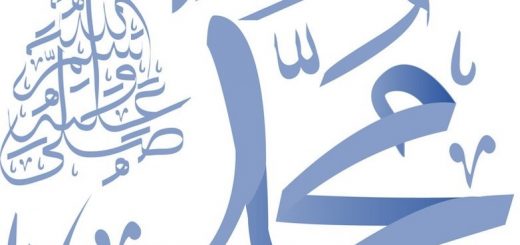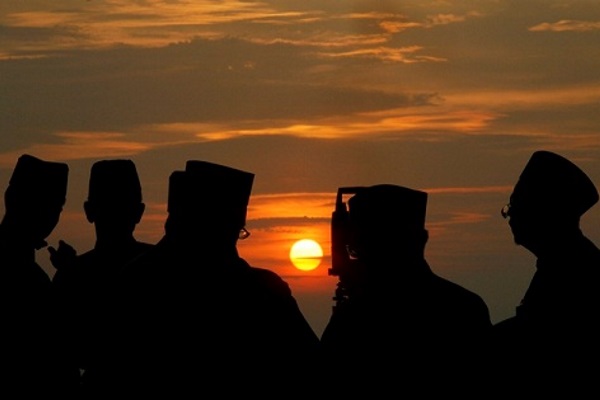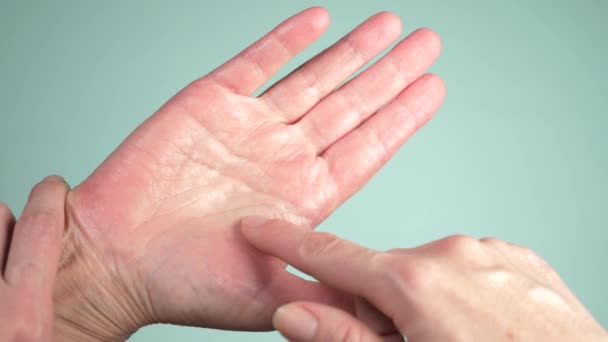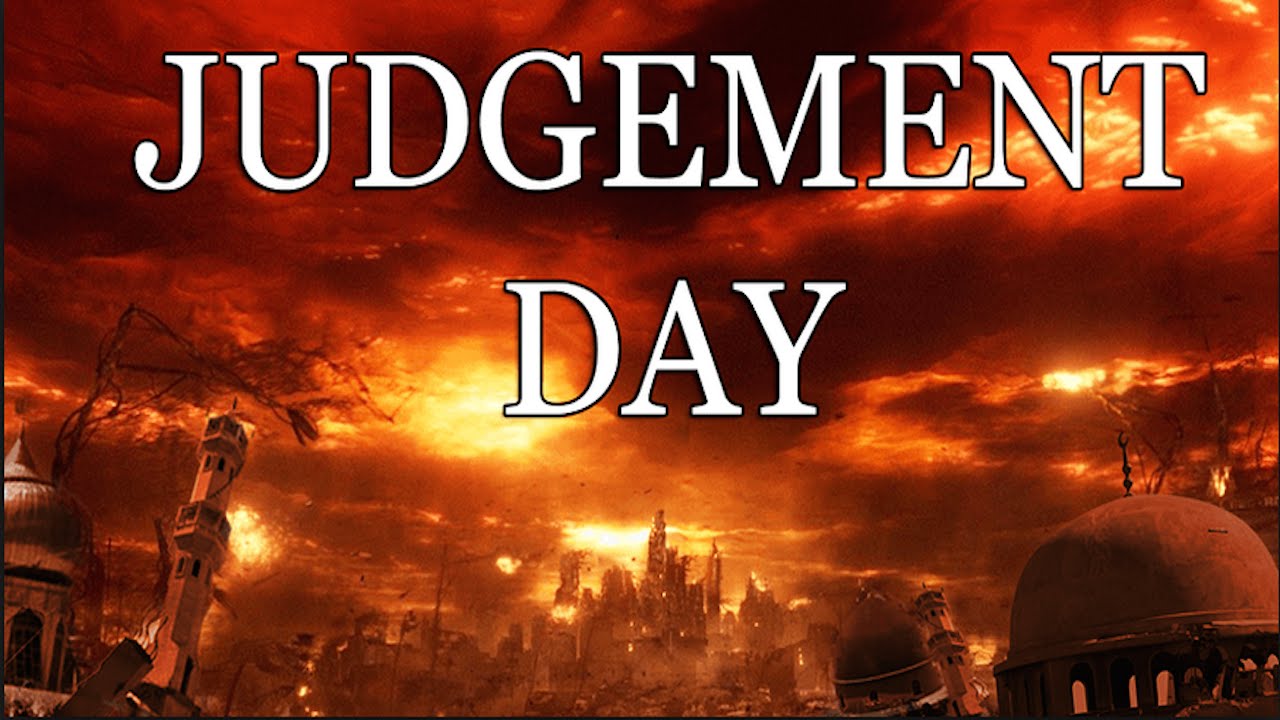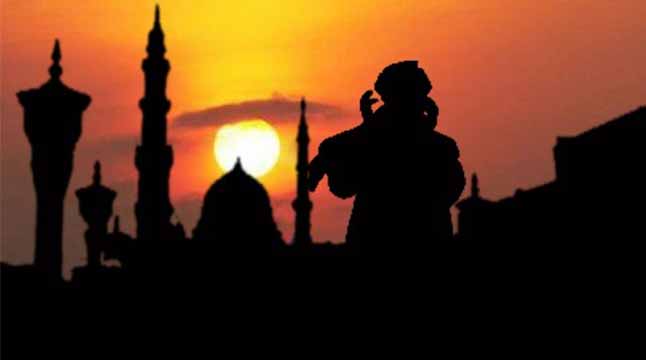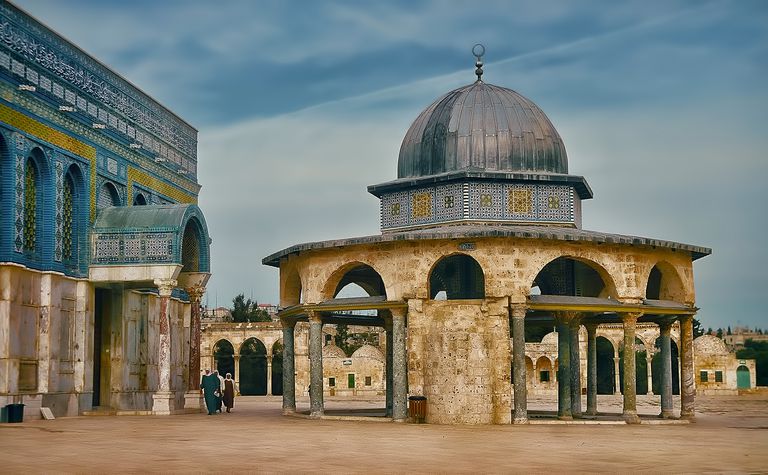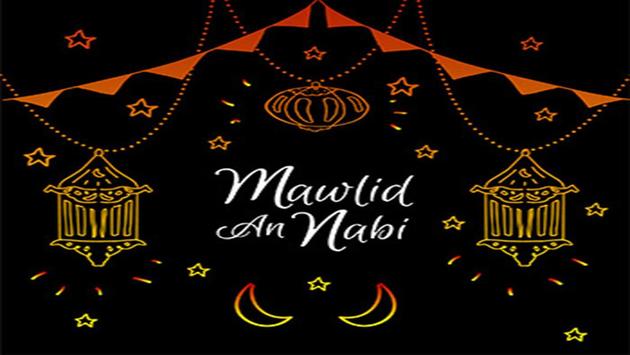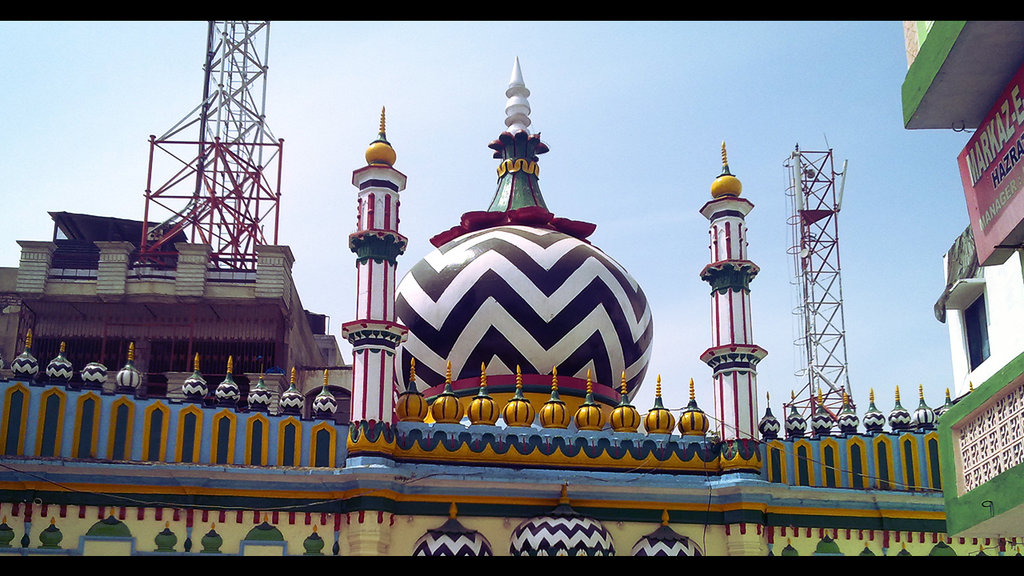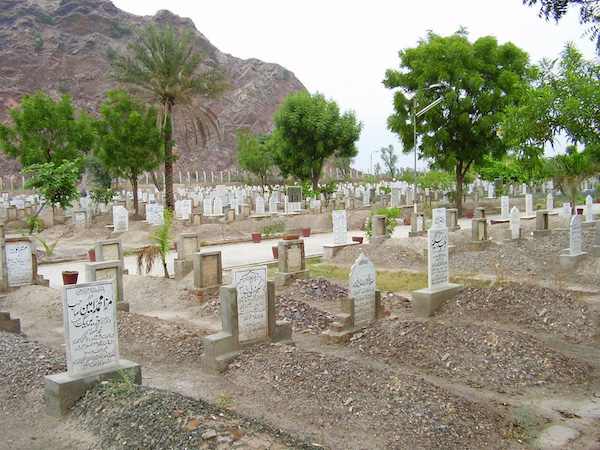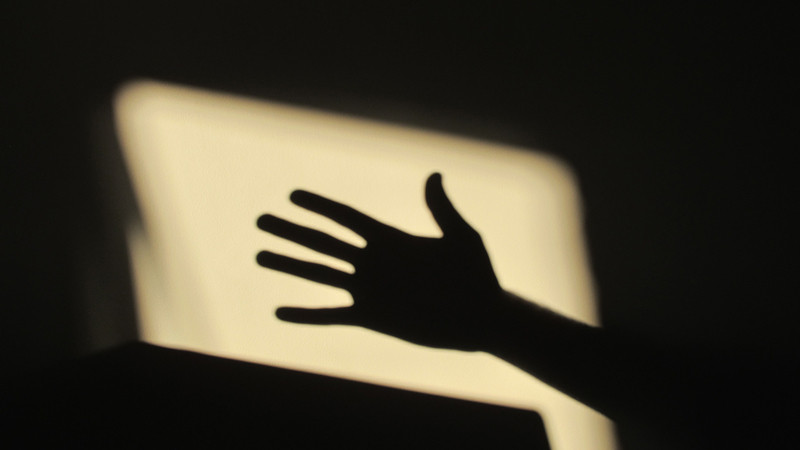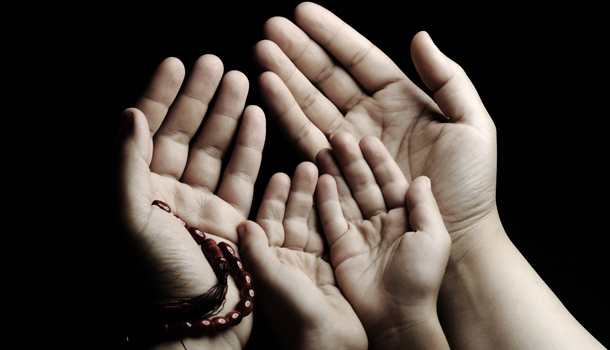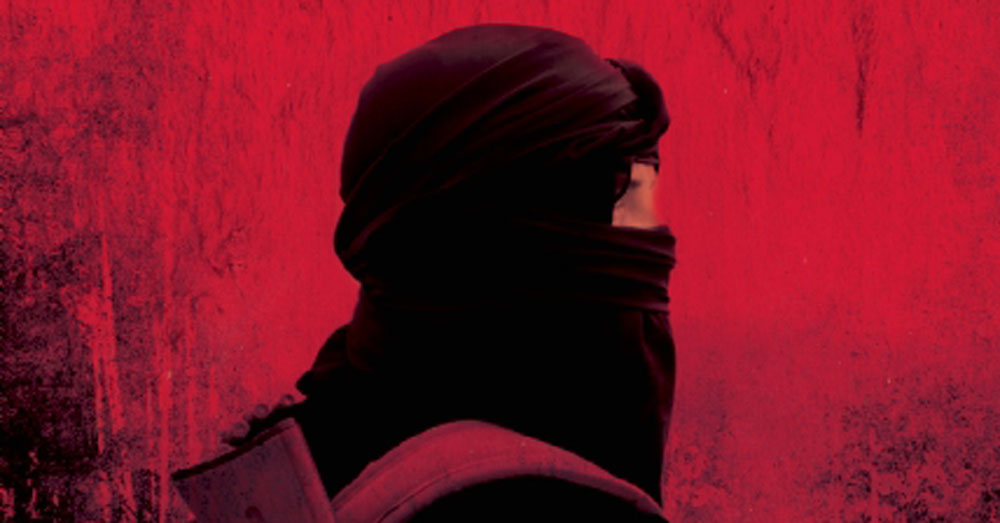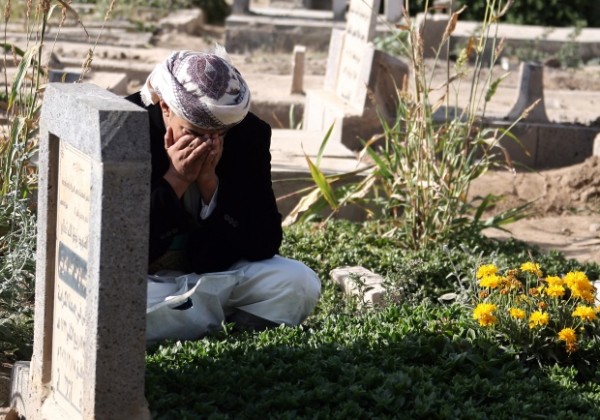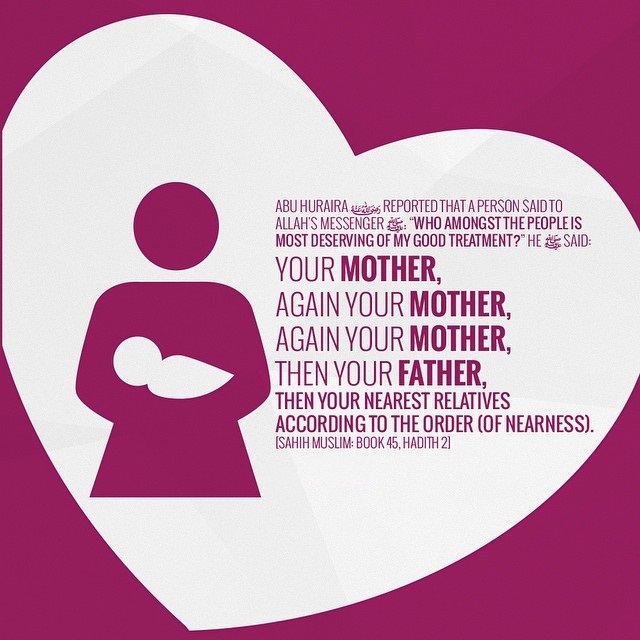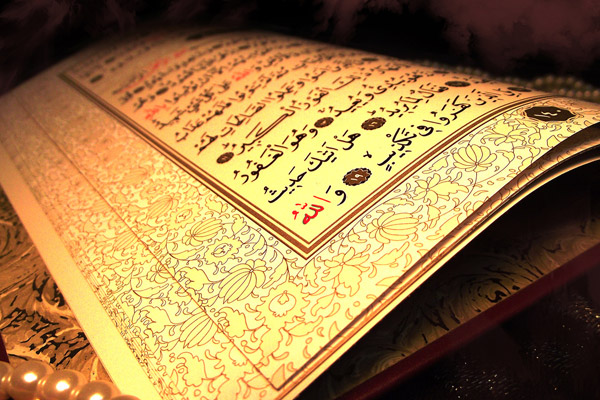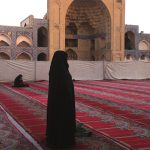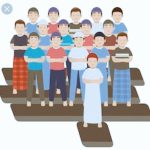QUESTION:
Please provide me with some proofs from the Holy Qur’an and Hadith shareef where it says we can make dua at mazaar shareefs and ask dua from the pious who have passed away? Of-course our belief being the pious have been granted high stations and power by Allah Ta’ala. The misguided sects accuse us of doing this without any basis and they refuse to listen to the teachings of the Auliya regarding this matter. Please assist.
ANSWER:
Before we dwell into the answer, it will be worthwhile to note some important points:
1. Any ability to help anyone else is solely given by Allāh Almighty. No one can help, or do anything in general, without the consent and the Will of Allāh.
2. One is allowed to seek the help of the pious [the Prophets and the Awliyā] during and even after their lifetime. This is not shirk (polytheism)
3. The Prophets and the great Awliyā have been granted the permission to display ‘super-natural’ events known as Mujizah or Karāmat respectively. For example, listening to many people at same time, going to many different places at one time etc. This ability and power is not taken away even after their demise, as we will see later on.
4. We can never make any judgments [Qiyās] of the life hereafter with this worldly life. The life hereafter is much better and stronger than the life of this world.
5. From the above point, we shall discover that the pious have always shown the ability to present themselves at many places. If this is possible during their lifetime, then what can we say about their powers and abilities once they leave this mundane world?
Now, we shall, through critical analysis and strong evidences, prove that the Prophets and the Awliyā have the ability to assist and listen to the calls of many at one time.
Firstly, we shall prove if it’s permissible to seek help from the friends of Allāh after their passing away.
Secondly, we shall prove if they can listen and assist from far.
Thirdly, we shall see if they can see and hear many calls and visit many places at the same time.
FIRST POINT
Let us mention the quote of the great Gnostic, Imām Muĥammad Ibn Muĥammad Ghazālī [d.505AH] “One can seek help from those deceased whose help was sought when they were alive.”
In addition, it is in Bukhārī and Muslim that Musa ‘Álayhi’s salām helped the Ummah of the Prophet şallAllāhu álayhi wa sallam by reducing the number of daily prayers when the Prophet şallAllāhu álayhi wa sallam when he embarked upon the journey of Isrā’ and Mi’rāj.
[Bukhāri and Muslim, Chapter of Mi’rāj]
The Prophet şallAllāhu álayhi wa sallam has said, “There is not a single Muslim to whom I am not close to him in this world and the Hereafter. If you like, read the verse, ‘This Prophet is the owner of the Muslims even more than their own selves.’ Thus if he dies and leaves some heritage then it is for his kin. If he dies and he has unpaid dues or leave his children without any wealth then he should seek my protection as I am his Mowlā (guardian).”
(Bukhārā, Muslim and Tirmidhī narrated from Abū Hurairah RadiAllāhu ‘Anhu. Abu Dā’ud and Tirmidhī narrate from Jābir Ibn Abdullāh RadiAllāhu ‘Anhu). [1]
There are numerous other Aĥādīth to prove the permissibility of seeking help from those who have left this world. For example, when the companions went to the Prophet’s (şallAllāhu álayhi wa sallam) grave at the time of drought and asked for his help. [2]
But I shall now narrate from some of those books which are read by the critics too.
Hadrat Shāh ‘Abd al-Ĥaq writes in Ham`āt, under the discussion of the Nisbat [connection] to Owaysiyyah [spiritual exercise]…
“…as a result of this connection, one will see them (Awliyā) in his dreams and at the time of difficulties, this group of Awliyā will come and remove his difficulties.”[3]
Also it is in Malfuzāt Mazhar Jān-e-Janā…
“…I have a special relationship with Sayyidunā ‘Alī KarramAllāhu Wajhahu. Whenever I am afflicted with some temporal illness I turn my attention towards Sayyidunā ‘Alī which results in my cure.”[4]
“Sayyidunā Shaykh ‘Abd al-Qādir al-Jīlānī rađiyAllāhu ánhu pays particular attention towards his disciples. There is not a single Murīd, disciple, on whom al-Shaykh Ghawth al-Thaqalayn does not pay his attention to.”[5]
Look at the words of these statements, particularly the word ‘Ghawth Al-Thaqalain.’ Doesn’t this word mean ‘the helper of Mankind and Jinn’?
Shaykh Shāh ‘Abd al-‘Azīz, discussing about the state of the souls of Awliyā, writes in his Tafsīr (‘Azīzī):
“The Awliyā of Allāh, interact with this Dunyā (world), even after their death, and they eliminate difficulties and help the needy. Those in grief and seek their help, are successful in reaching their objectives.” [6].
… “Similarly Hadrat Khawājā Naqashband pays attention towards his beloveds. The shepherds and the travellers hand over their animals and wealth in protection of Hadrat Khawājā Naqshband whenever they want to go to sleep or if they want to go through the deserts, seeking his unseen help.”[7]
The student of Hadrat Qādi Thanāullah Pāni Patī, and the disciple of the aforementioned Mirzā Sahib, writes in, Tadhkirat al-Mowtā, discussing about the souls of the Awliyā of Allāh:
“Their souls go to the heavens, to the earth and to the gardens of Jannah. They help their beloveds and friends in this world and in the hereafter, and defeat the enemies.”[8]
It is mentioned in the same Jawāhir Khamsa, “One should read Nādi ‘Alī seven, three times or once daily. The words are, “Nādi ‘Aliyyan Math’haral ‘Ajā’ib, Tajidhu ‘Awnan Laka fī al-Nāwahib, Kullu Hammin wa Ghammin Sayanjalī, Biwilyātika Yā ‘Alī Yā ‘Alī Yā ‘Alī”[9]. (“Call ‘Alī (rađiyAllāhu ánhu), the one who shows wonders, you will find him your protector at the time of calamities. All the calamities fade away due to your Sainthood O ‘Alī! O ‘Alī! O ‘Alī!).
Don’t you see this! Hadrat ‘Alī has passed away some thousands of years ago yet this great scholar is teaching us to seek his help…SubĥānAllāh!
The Prophet şallAllāhu álayhi wa sallam has said, “My daughter Fāţimah is the Hūr among the people. She doesn’t go through what other women have to go through (menstruation and other impurities). Allāh named her Fāţimah as He will protect her and anyone who loves her from the fire of Hell.” (Khaţīb narrates from Ibn ‘Abbās rađiyAllāhu ánhu). [10]
So even in this day and age, if someone loves the beloved of the beloved of Allāh, Fāţimah rađiyAllāhu ánhā then he will be protected from the punishment of Allāh. What greater calamity can there be than the punishments of the Hereafter? If this is the blessing about loving her then what is going to be her status!
Amīr al-Mu’minīn, Sayyidunā ‘Umar rađiyAllāhu ánhu once saw his wife, Umm Kulthūm (the daughter of ‘Alī rađiyAllāhu ánhu) crying. He asked the reason of her crying. She replied, “This Jew (she meant Hadrat Ka’ab al-Aĥbār rađiyAllāhu ánhu: one of the greatest of the Tabi’īn and accepted Islām during the era of Sayyidunā ‘Umar) is saying that you are one of the doors of the Hell.” Sayyidunā ‘Umar rađiyAllāhu ánhu said, “What Allah wills! I have a great hope that Allah will make me Sa`īd (happy)” and then he called for Hadrat Ka’ab. When he arrived he asked him about the statement. Hadrat Ka’ab replied, “Don’t hasten! I swear by He in whose hands my life lies, the month of Dhū al-Hijjah will not yet be completed that you will enter the paradise.” Hadrat ‘Umar asked, “What is all this? Paradise and Hellfire?” He replied, “I swear by He who has the control of my life, I see you one of the doors of Hell in the Book of Allāh; stopping people from falling into the hellfire. When you will pass away the people will begin falling into it till the Day of Judgement.” (Ibn Sa’ad in his Tabaqat and Abu al-Qāsim Ibn Bashrān narrate from al-Jari the slave of Sayyidunā ‘Umar rađiyAllāhu ánhu). [11]
Look at this Hadith! If someone can have a connection to the other world living on this earth then how come the people of the ‘other-world’ have no connection to this world?!
Remember! As mentioned earlier, when the pious die, their ability to help others does not diminish or disappear. They are alive in their grave [which is yet another broad topic] and their souls become stronger. We will come to this point later.
SECOND POINT
There is a very well-known Hadith when Sayyidunā ‘Umar rađiyAllāhu ánhu was on his pulpit when he called out “O Sāriah! Go towards the mountain”. He was calling Hadrat Sāriah who was in the midst of a battle some hundreds of miles away. Sayyidunā ‘Umar rađiyAllāhu ánhu saw it in Madina Munawwarah and Hadrat Sāriah heard his call…SubĥānAllāh
[Tarīkh Ibn Kathīr, Khilāfat ‘Umar rađiyAllāhu ánhu]
The Prophet şallAllāhu álayhi wa sallam has said, “If you lose something and you are in such a place where you don’t find anyone to help then one should say, ‘O the Servants of Allāh! Help Me! O The Servants of Allāh! Help Me! O The Servants of Allāh! Help Me!’ Since there are some servants of Allāh present there whom you do not see.” [Ţabrānī narrated from ‘Utbah Ibn Garwan rađiyAllāhu ánhu]. [12]
The Messenger of Allāh şallAllāhu álayhi wa sallam has said, “If you lose your animal then you should say, ‘O Servants of Allāh, take hold of it!’ ” [Ibn al-Sani narrates from Ibn Mas’ūd rađiyAllāhu ánhu]. [13]
The Prophet of Allāh şallAllāhu álayhi wa sallam has said, “He should say, ‘Help me O Servants of Allah!’ ” [Ibn Abi Shaybah and Bazzār narrate from Ibn ‘Abbās rađiyAllāhu ánhumā] [14]
These three Aĥādīth which have been narrated by the three blessed companions of the Prophet şallAllāhu álayhi wa sallam are well used and practiced.
Imām Aĥmad Riđā Khān rađiyAllāhu ánhu has written more upon this topic on one of his treatise, Anhār al-Anwār Man Yammu Şalāt al-Asrār (1305 A.H.), [15] highlighting the secrets of the prayer Şalāt Al-Ghawthiyyah and about the eleven steps taken towards Baghdad Sharif.
In the book, Qawl al-Jamīl, it has mentioned the method of picturing one’s Shaykh [spiritual guide], which is one of the Sufi practices of Naqshbandiyya Tarīqah:
“When the Shaykh is not present then one should picture him with love and respect. The picture will give all the benefits which the presence of a Shaykh gives a person.” [16]
Quoting from Shāh ‘Abd al-‘Azīz, it is written in Shifā al-‘Alīl, “It is true that this is the most effective way.” [17]
This should be enough to convince those who are sincerely seeking the truth. If more details needed read Imām Aĥmad Ridā’s renowned book, Al-Amnu Wa al-‘Ulā which will In shā Allāh eliminate many doubts from the heart.
THIRD POINT
The Great Gnostic and Scholar Shaykh Imām ‘Abd al-Wahhāb al-Sha’rānī ‘Álayhi al-Raĥmah writes in Kitāb al-Jawāhir wa al-Durar [p.165]:
“…Our Master Ibrāhīm al-Disouqī rađiyAllāhu ánhu gave a sermon and led the Jumu’ah [Friday] prayer in fifty different places. Similarly, our Master Muĥammad al-Khađarī rađiyAllāhu ánhu led the Friday prayer in different parts of Surus [name of a city] at one time.
“One of the miracles [Karāmat] of our Master ‘Abd al-Qādir al-Shatutī rađiyAllāhu ánhu [not to be confused with Shaykh ‘Abd al-Qādir al-Jīlānī rađiyAllāhu ánhu] was that he spent a night at his disciple’s house on a small island in front of the Egyptian park named Rawdat al-Miqyās. In the same night, he stayed over at someone else’s house in another city. Both hosts gave him milk to drink and stayed with him.
“Meanwhile, there was another group of people who narrated that king Qatbā’i before leaving to travel to Aleppo [Humus, Syria] King Qatbā’i sought permission from ‘Abd al-Qādir al-Shatutī rađiyAllāhu ánhu. He reached Aleppo where he found the Shaykh lying on a bed with a deteriorating health. The people said to the king that the Shaykh has been in this state for the last one year; whereas the king met him a month ago in Egypt in a very healthy state.
“I asked my teacher, Shaykh ‘Alī Khawwās rađiyAllāhu ánhu: If the ‘copied’ bodies [in other words, if a saint can go to many places at once, the other bodies are copied or Mithālī in Arabic] of a Walī commits an offence then which body will be liable? He replied, ‘The copied bodies, though they may be in thousands, they are liable and they will also gain reward (if they do good).’
“I then asked, ‘How can one soul have the connection with all this bodies and how can it be responsible for the actions of all these bodies? He replied saying, ‘like one soul controls all the parts of a body, similarly it controls all the different bodies. If the different body parts commit an offence, the soul will be questionable, similarly is the state when the different bodies undertake an action; all the actions are controlled by this one soul.” [After asking another question], “They can do this because they have attained the secret of the word KUN [‘Be’] and this is through the miracle bestowed to them. This will be the state of the people of paradise.’ ”
So from the above account we get to perceive the friends of Allāh have the capability to roam around many places, and undertake many different actions at one single time. If this is the state of the Awliyā, then how can we imagine the status of the Prophet şallAllāhu álayhi wa sallam?
Moreover, Mullā ‘Alī Qārī ‘Alayhi al-Raĥmah states, “The friends of Allāh can be in several places at one moment and can even have few likenesses of body simultaneously.” [18]
Imam Ibn al-Ĥāj and Imām Qasţalānī ‘Alayhi al-Raĥmah state, “Our Scholars have stated that that there is no difference between the life and the demise of the Prophet şallAllāhu álayhi wa sallam . He sees his Ummah, their actions, knows their feeling and intentions.”[19]
So much can be written on this topic, but I will just finish off this point with one narration and see the power of the enemy of Allāh, not a friend!
Ĥāfidh Ibn Kathīr writes the Tafsīr (under the verse 27 of Surah al-A’araf), “Apart from his servants, Allah has given power to Shayţān, who sits on his throne in the sea and sees you wherever you may be.”[20]
From all the above quotations, it is evident that the Awliyā can be at many places in one time, let alone hearing and seeing from one place!
Now from the above three points we can deduce the following
- The help of Awliyā can be sought, even after their death.
- They can help even after their death.
- Their souls become even stronger after their death.
- They can perform miracles even after death.
- They can be present at many places at one time, through the miracle bestowed to them by Allāh.
Thus we can conclude that the can also be present in many places, and help many at one time, even after their death through the miracles which Allāh has granted them. They also have the ability to help whom they want and listen to the calls of many at the same time. All this is through the permission granted to them by Allāh the Almighty.
It is hoped that this would suffice the seekers of truth…In Shā Allāh.
[N.B. for more information on the topic please refer to the book Obliteration of Falsehood (translation of Jā’a al-Haqq).]
Allah knows best.
Answered by Mawlana Mohamed Husein Qadri
[1] Sahih al-Bukhari, the book on al-Istiqrād, the chapter on al-Şalāt ‘Alā man Taraka Daynan, (Qadimi Kutub Khana, Karachi), vol. 1, p. 323. Also the book on al-Tafsīr, Surah al-Aĥzāb, vol. 2, p. 705.
Sahih Muslim, the book on al-Farā’iđ, the chapter on Adā’i al-Dayn Qabla al-Wasiyyah, (Qadimi Kutub Khana, Karachi) vol. 1, p. 36.
Sunan of Abū Dā’ud, the book on al-Imārah, the chapter Fī Arzāq al-Dhuriyyah, (Aftaab ‘Aalam press, Lahore), vol. 2, p. 54.
Musnad Aĥmad Ibn Hanbal, narrated from Abū Hurayrah rađiyAllāhu ánhu, (Al-Maktab al-Islami, Beirut), vol. 2, pp. 334-335.
Sharh al-Sunnah, the book on al-Farā’iđ, Ĥadīth # 2241, (Al-Maktab al-Islami, Beirut), vol. 8, p. 324.
Sunan al-Kubrā Li al-Baiĥaqī, the chapter on al-Asābah, (Dar Saadir, Beirut), vol. 6, p. 238 and vol. 7, p. 58.
[2] See Ibn Taymiya’s Iqtisa Şirāt al-Mustaqīm, p. 373 and Fatĥ al-Bāri, chapter on Istisqā.
[3] Ham’āt, Ham’a 11, (al-Shāh Waliyullāh al-Dahlavī Academic, Hyderabad, Pakistan), p. 59.
[4]Kalimāt Tayyibāt, Malfuzāt Mazhar Jān Janā, (Mujtaba’i press, Delhi), p. 78.
[5] Ibid. p. 83.
[6] Tafseer Fatĥ al-‘Azīzī, under the verse 84:18, (Muslim Book Depot, Laal Kunwa, Dehli), p.206.
[7] Ibid. p. 83.
[8] Tadhkirat al-Mowtā, (Mujtba’i press, Delhi), p. 41.
[9] Urdu Translation of Jawājir Khamsa, Muĥammad Baygh Naqshbandī, (Dar al-Isha’at, Karachi), p. 282 and 453.
[10] Tarīkh Baghdād, the biography of Gānim Ibn Ĥamīd 6772, (Dar al-Kitaab al-‘arabi, Beirut), vol. 12, p. 331.
Kanz al-‘Ummāl, narrated from Ibn ‘Abbās rađiyAllāhu ánhu, Ĥadīth# 34226, (Muassas al-Risala, Beirut), vol. 12, p. 109.
[11] Al-Ţabaqāt al-Kubrā Li Ibn Abī Sa’ad, the mentioning of Istikhlāf ‘Umar rađiyAllāhu ánhu, (Dar saadir, Beirut), vol. 3, p. 332.
Kanz al-‘Ummāl, with reference to Ibn Abī Sa’ad and Abū al-Qāsim Ibn Bashrān, Ĥadīth# 35787, (Muassas al-Risala, Beirut), vol. 12, pp. 570-571.
[12] Al-Mu’jam al-Kabīr, narrated from ‘Ataba Ibn Ghazwān, Ĥadīth# 290, (Al-Maktabat al-Faisaliyya, Beirut), vol. 17, pp. 117-118.
[13] ‘Amal al-Yawm wa al-Laylah, Ĥadīth# 208, (Dairat al-Ma’arif al-‘Uthmaniyya, Hyderabad), p. 136.
[14] Al-Musannaf li Ibn Abī Shaybah, the book on al-Du’ā, Ĥadīth# 29711, (Dar al-Kutub al-‘Ilimiyya, Beirut), vol. 6, p. 92.
Al-Bahr al-Zakhkhār, Ĥadīth# 4922, vol. 11, p. 181 and al-Mu’jam al-Kabīr, Ĥadīth# 290, vol. 17, p. 118.
Kashf al-Astār ‘An Zawā’id al-Bazzār, the book on al-Adhkār, Ĥadīth# 3128, (Muassas al-Risala, Beirut), vol. 4, p. 34.
[15] This book is printed in the seventh volume of Fatāwā-e-Razawiyyah (Raza Foundation, Jami’ah Nizamiyya Razawiyya, Lahore), p. 569.
[16] Al-Qawl al-Jamīl, sixth chapter, (H.M.Saeed Company, Karachi), pp. 81-82.
[17] Shifa al-‘Alīl Ma’a al-Qawl al-Jamīl, (H.M. Saeed Company, Karachi), p. 80.
[18] Mirqāt, the chapter of Ma Yuqālu ‘Inda Man Hađar al-Mowt.
[19] Madkhal, Mawāhib al-Ladunniyyah, v.2, p. 387.
[20] Tafsir Ibn Kathīr, Surah al-A’arāf, verse 27.
